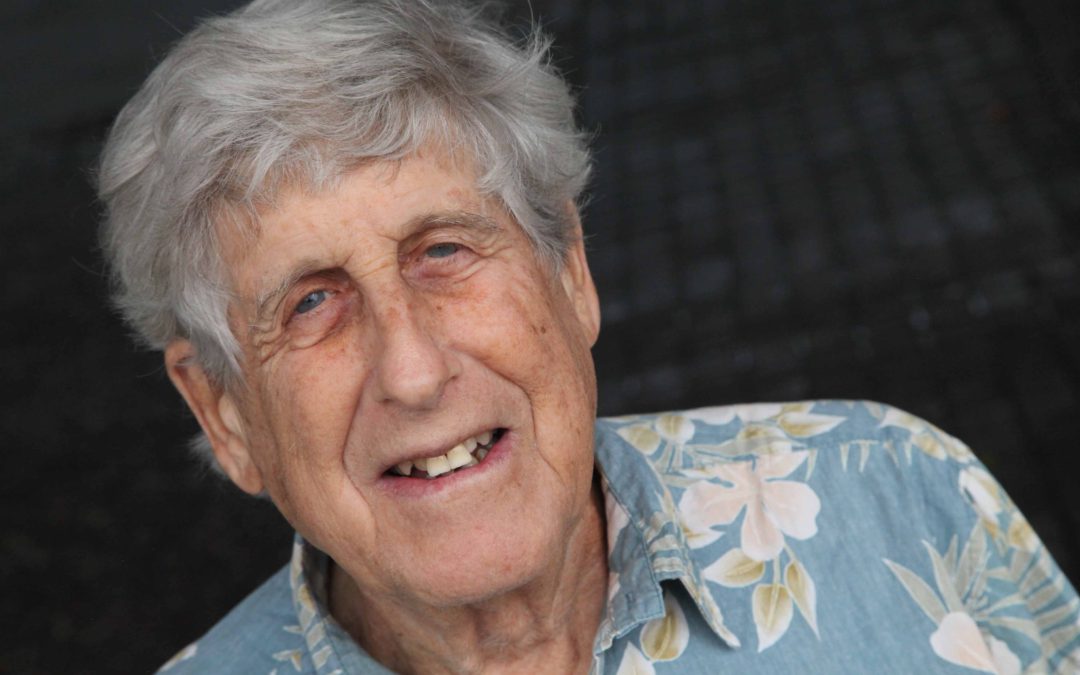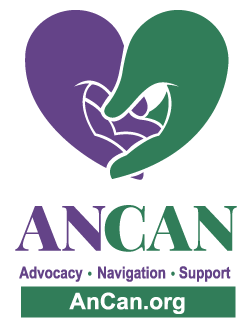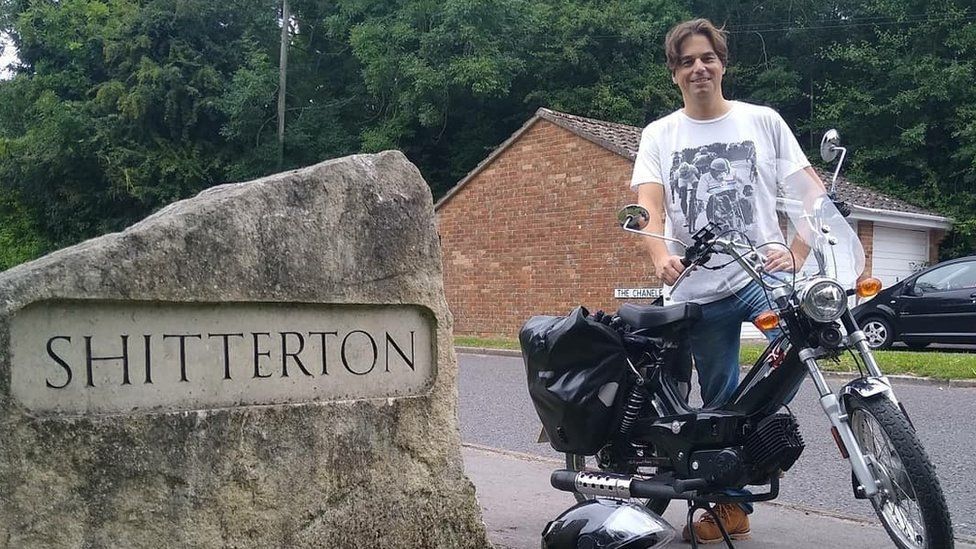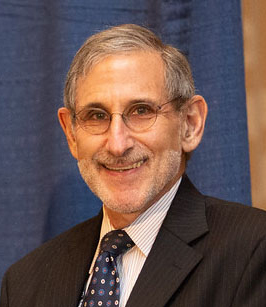
by Rick Davis | Oct 24, 2021 | Advocacy, Blood Cancers, Cancer Caregivers, Cancer Resources, mCRPC, Men's Breast Cancer, Multiple Sclerosis, nmCRPC, Ovarian Cancer, Prostate Cancer, Recent News, RMC, Sarcoidosis, Thyroid Cancer, Women's Breast Cancer
‘BEING’ YOUR OWN BEST ADVOCATE
A few very important words from one of senior moderators, Peter Kafka! (rd)
We often stress the importance of “being one’s own best advocate” at our online AnCan support gatherings. After several recent personal experiences and hearing about others I thought it might be appropriate to add another word to this maxim, and that would be “vigilant”.
All too often I have noticed that I can get complacent when dealing with routine medical appointments and assume that the professionals I am working with are focused and have my best interests front and center. But like me, my medical team are human and can make mistakes and assumptions that are wrong.
Earlier this week I was at a lab I had been to many times before to get my monthly blood tests. The tech was new, but I had filled out the orders online when making my appointment and had my doctor’s standing order with me. I had my sleeve rolled up and the tech was getting ready to unwrap the needle to jab me when I noticed that she only had one test tube out for sampling. I questioned this because I usually fill three or four. She said; “We’re just doing hemoglobin, right?” “No!” I replied, pulling out my previous month’s results from the notebook on my lap. “We’re doing CBC’s, Hepatic, PSA, Testosterone and more.” She retreated into the back room to consult with her supervisor and both reappeared with an apology and proceeded with the whole enchilada.
I was reminded of another occasion when I was in the hospital for a day or two after surgery from a broken femur. Looking up from my hospital bed I saw the notation on the white board that I was listed as a diabetic. No wonder my meal was so bland. Turned out that just because I was taking Metformin as a pharmaceutical for my prostate cancer their assumption was that I was diabetic. I had to straighten out their confusion.
Over the years I have learned that I need to be on “high alert” when undergoing any medical procedure, routine or otherwise. Mistakes are all too easy to make. Some might be inconsequential, but others can have serious implications. In this time when getting inoculations for covid-19, seasonal flu, shingles or other shots down the street at the local pharmacy it is doubly important to stay vigilant. Yes, these professionals are all too careful to make sure that our names and date of birth are correct on the orders and labels, but what about the injected drug or prescription? I bet that many of us have stories to tell.
So, keep your eyes open, stay vigilant, and ask questions. “Being one’s own best advocate” requires us to step up and get involved so that we understand and know the twists and curves of our medical journey even if it seems to be uncharted territory. It is our journey after all.

by Rick Davis | Sep 28, 2021 | Advocacy, Brain Tumors, Cancer Caregivers, Cancer Resources, Exercise, Health Resources, mCRPC, Men's Breast Cancer, Multiple Sclerosis, nmCRPC, Ovarian Cancer, Prostate Cancer, Recent News
Check out the CDMRP ….. it may be for you!

Through its CDMRP — Congressionally Directed Medical Research Programs — one of the largest US funders of medical research is the Department of Defense. It will take another blog post to learn how this came about (volunteers??), but they have multiple programs for many conditions including multiple cancers … you can check the complete list at https://cdmrp.army.mil/researchprograms. Attend any gathering of patient advocates, and you are likely to find ‘Consumer Reviewers’ for one budget or another.
AnCan has several reviewers, and not just for prostate cancer. One of our PCa group regulars just finished his maiden stint reviewing grant requests for the 2022 $100 million PCa allocation, making the CDMRP the country’s second largest funder of prostate cancer research. Ben Nathanson’s qualifications …. well, he has prostate cancer, participates in AnCan groups, and likes reading scientific papers. No PhD or MD required.
Len Sierra is a seasoned Consumer Reviewer and recommended Ben as a Consumer Reviewer. Consumer reviewers sit on a panel alongside scientists and clinicians, and have an equal vote in who gets funding. They’re asked to read certain proposal pages, not the entire thing. But if you’re the right sort of person for this job, you’ll want to try reading it all.
PCRP is always looking for reviewers. To learn more, contact Melissa Flathmann, Melissa.Flathmann@gdit.com. The Prostate Cancer Research Program’s web page is https://cdmrp.army.mil/pcrp . In Ben’s own words, here’s a little more about his experience:
I just helped review grant proposals for the second-largest source of prostate cancer research funding in the United States. They ignored the fact that I’m not a doctor and haven’t studied biology since high school. They wanted me for my body.
No request gets a dime until it’s been voted on by a consumer reviewer. “Consumer” in this case means you have prostate cancer or have had prostate cancer or are a caregiver for someone with prostate cancer. It’s not enough just to want prostate cancer.
My agency wasn’t NIH (the top funder); it was the Department of Defense, which quietly oversees funding for a number of civilian health programs. More than $100 million is budgeted for prostate cancer research in the coming fiscal year.
The Peace Corps liked to bill itself as “the toughest job you’ll ever love.” Although this is a different arm of government, I too was assigned to be a cultural ambassador to a developing region where they speak a foreign language. Every fellow reviewer was a scientist, a clinician, or a statistician. For every proposal, each of us, in our own language, drafts a critique, gets a turn to speak, and gets an equal vote.
As with the Peace Corps, ditto on the tough, ditto on the love. A consumer reviewer need only read selected pages of the proposal, including an Easy Reader page (“Lay abstract”) prepared just for you. But — personal view — you take this job to stand with the scientists at the edge of research, and if you don’t take the effort to read it all, all you’re seeing is the sales pitch. The process — it’s about six weeks — leaves you breathless. You’ve geeked with the geekiest.
They’re always looking for bodies like yours. Beyond disease qualifications, somebody from a patient-advocacy organization — such as AnCan — needs to write a letter of nomination. I was wildly fortunate that Len Sierra has been doing DoD reviews for years; I sent him my resume so he’d know I really am as geeky as I look, and he wrote me a lovely letter. Len, you got me a ticket to the edge of cancer discovery, and I can’t thank you enough.

by Rick Davis | Aug 31, 2021 | Advocacy, AYA, Blood Cancers, Brain Tumors, Cancer Caregivers, Cancer Resources, Men 'Speaking Freely', Men's Breast Cancer, Ovarian Cancer, Prostate Cancer, Recent News, RMC, Sarcoidosis, Thyroid Cancer, Women's Breast Cancer
Wanna make an AnCan Rude Names Fundraiser???
Here’s our latest proposal for AnCan supporters to raise a few bucks on our behalf ……. follow Brit Paul Taylor’s lead and raise money for us with a US Version Rude Names fundraiser . And to heck with a moped … we have a few bigger bikes in this Group.
Watch Taylor’s UK Tour in this short BBC video https://www.bbc.com/news/uk-england-oxfordshire-58375401 and see a few of the places he visited below!
Maybe you just have to be a Brit to appreciate this toilet humor …. but if not, AnCan is all ears!



by Alexa Jett | May 6, 2021 | Advocacy, AYA, Blood Cancers, Brain Tumors, Cancer Caregivers, Cancer Resources, Health Resources, Maui, Men 'Speaking Freely', Men's Breast Cancer, Multiple Sclerosis, Ovarian Cancer, Prostate Cancer, RMC, Sarcoidosis, Thyroid Cancer, Women's Breast Cancer
Have you checked out our page “All the Faces of AnCan” lately? We are always growing, and you might see some new faces! While we’ve discussed Dr. Herbert Geller (researcher and AnCan Advisory Board Member) previously on the blog, we have a special treat today. Dr. Geller was part of an esteemed panel explaining the science behind mRNA Covid-19 vaccines with CureTalks.
I find this description of what mRNA means and brief explanation from CureTalks to be extremely helpful.
Messenger RNA vaccines, also called mRNA vaccines, are some of the first COVID-19 vaccines authorized for use in the United States. mRNA vaccines are a new type of vaccine to protect against infectious diseases. They teach the cells of our body to make a protein that triggers an immune response. This immune response leads to the production of antibodies which protects us from getting infected if the real virus enters our body.
Be sure to check out this informative presentation, here!
To SIGN UP for any of our AnCan Virtual Support groups, visit our Contact Us page.

by Rick Davis | Apr 25, 2021 | AYA, Blood Cancers, Brain Tumors, Cancer Caregivers, Cancer Resources, Health Resources, mCRPC, Men 'Speaking Freely', Men's Breast Cancer, Ovarian Cancer, Prostate Cancer, Recent News, Thyroid Cancer, Women's Breast Cancer
If Medicine Doesn’t Come to you, Go to the Medicine!
You know what they say about Mohammed and the Mountain …… if the mountain will not go to Mohammed, Mohammed must go to the mountain! Well it’s often like that today with cutting edge medicine – and even not so cutting edge if you live in out of the way places like Maui, HI where our Board President, Peter Kafka, resides. It’s all part of Being Your Own Best Advocate…… (rd) PS Peter has asked me to clarify, he wrote what follows – not me. But I guess most of you can figure that out!
Back in 2014 when I was first diagnosed with advanced prostate cancer, my younger son who was 38 years old at the time was in the urologist’s office with me getting the news. As I was seated on the exam table, he was standing in the corner leafing through the booklets and pamphlets about prostate cancer while we waited for the doctor to deliver the bad news. My son, holding up a booklet exclaimed to me; “Dad, this literature is older than me!” Right away we both knew we were in the WRONG place.
Unfortunately, so many men and women reside or walk into the “wrong” place when it comes to getting access to the most up to date technology in terms of treatment or diagnostic tools. Little did I know back then. I lived at that time under the illusion that the “Doctor” knew everything and would of course be up to date with the latest and greatest. Not so, as I quickly learned.
One of the great values that I have found in participating regularly in our AnCan prostate cancer support groups is the experiential reporting on all the new cutting-edge treatments and diagnostic tools that are emerging and available. Recently one of our number took advantage of the new technology of Micro Ultrasound to guide a biopsy. Apparently, this is found to be even better than the 3T multi-parametric MRI in determining just where to poke the needle and take a tissue sample, leading to a far more accurate diagnosis. It can detect small, but significant lesions within the prostate that might otherwise be missed.
The rub however, like any new advancement is that not every facility or doctor will be in the “know” or have access to such tools or treatments. Don’t I know this well, living here on the Island of Maui in the middle of the Pacific Ocean. The lesson for all of us is that we should carry a business card stating; “Have Suspicion Will Travel”. Please don’t wait for technology to come to your doorstep or for enlightenment to come to your doctor. Your life is way too important to me.

by Rick Davis | Apr 11, 2021 | Advocacy, AYA, Blood Cancers, Cancer Caregivers, Cancer Resources, Maui, mCRPC, Men 'Speaking Freely', Men's Breast Cancer, nmCRPC, Prostate Cancer, Recent News
Peter Kafka, our Board Chair and Lead Moderator for several of our video-chat virtual support groups, poignantly reflects this week on the meaning of 7 years living with his prostate cancer. (rd)
One subject that comes up fairly often in our prostate cancer support calls is “fatigue”. Usually in the context of dealing with physical fatigue as a side effect of various treatment drugs. But I am thinking today about a different level of fatigue that affects us mentally and emotionally. We hear a lot about this in regards to the ongoing Covid-19 pandemic. A year or so into it and people are crying out, “Enough already!”. But I would guess that many of you feel the same sentiment regarding your ongoing experience with a prostate cancer diagnosis.
I have reached my 7-year anniversary since my official diagnosis of prostate cancer. What is it about the number seven? Yes, it has some kind of man-made spiritual significance. The seven colors of the rainbow, the seven days of the week, Snow White and the Seven Dwarfs and of course the Seven-year Itch. But as I (celebrate?) this seven-year anniversary of dealing with my prostate cancer I hear myself crying out, “Enough Already!”. Fatigue is setting in.
I have done my best to look at this disease from a wide variety of angles. The friendships I have made with many of you. The increased understanding of the dynamics of prostate cancer among an ever-increasing body of men and women. The empowerment of taking on the job of being one’s own best advocate. But in honesty, prostate cancer and all the accompanying side effects of the variety of treatment modalities that I have, and continue to experience, bring on a good deal of mental and emotional fatigue.
I don’t believe that medical science graphs this fatigue factor. We read a lot about “overall survival – OS” or “progression free survival – PFS”. I guess the category of “Quality of Life” might come closest to what I am talking about, but it doesn’t quite capture the essence. I suspect that any of you who have been on this journey for any length of time know what I am talking about. I don’t have an answer, and I am certainly not selling any kind of snake oil for treatment. I know in my heart and mind that this bump in the road will pass and I will move forward. I always do.







